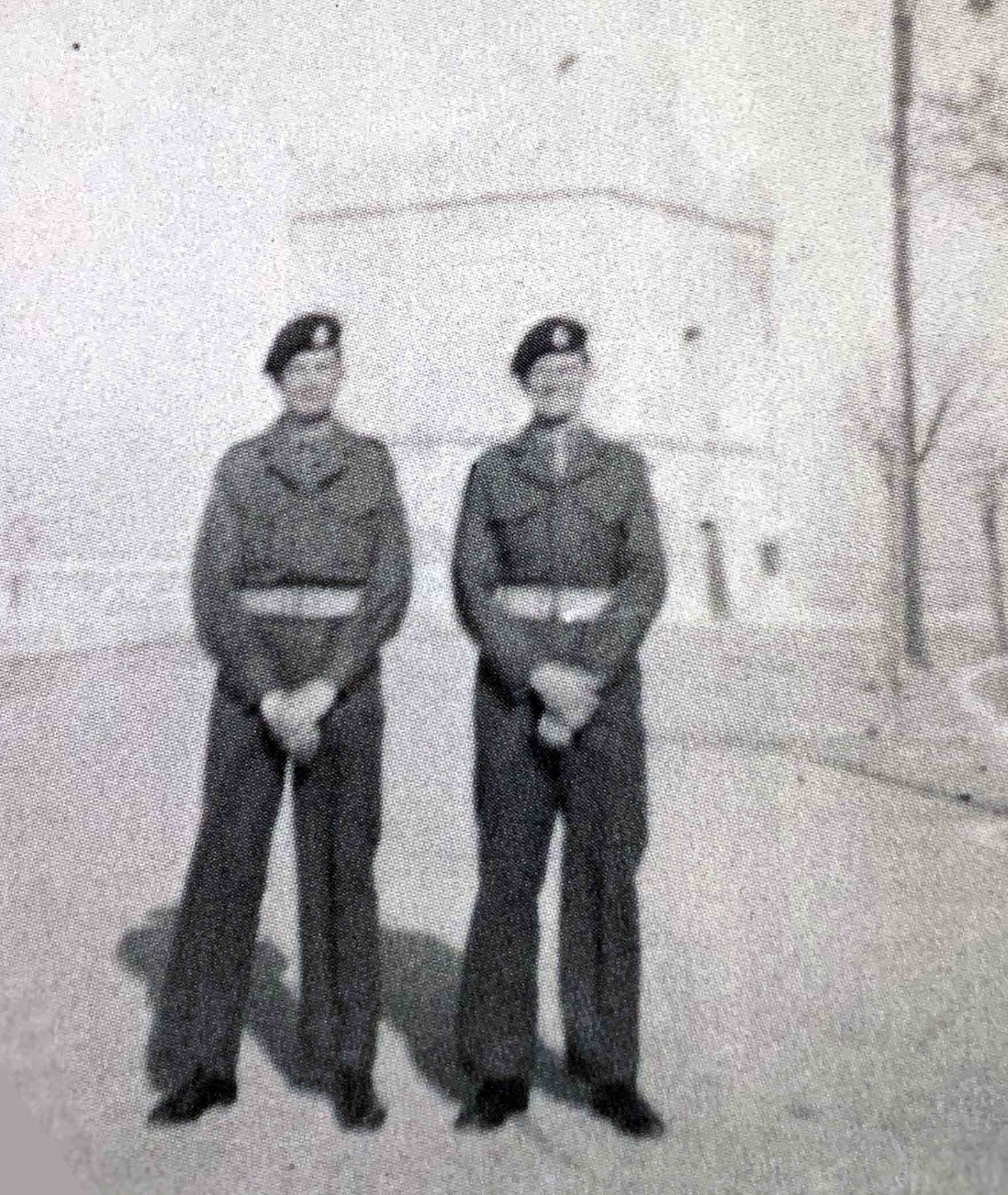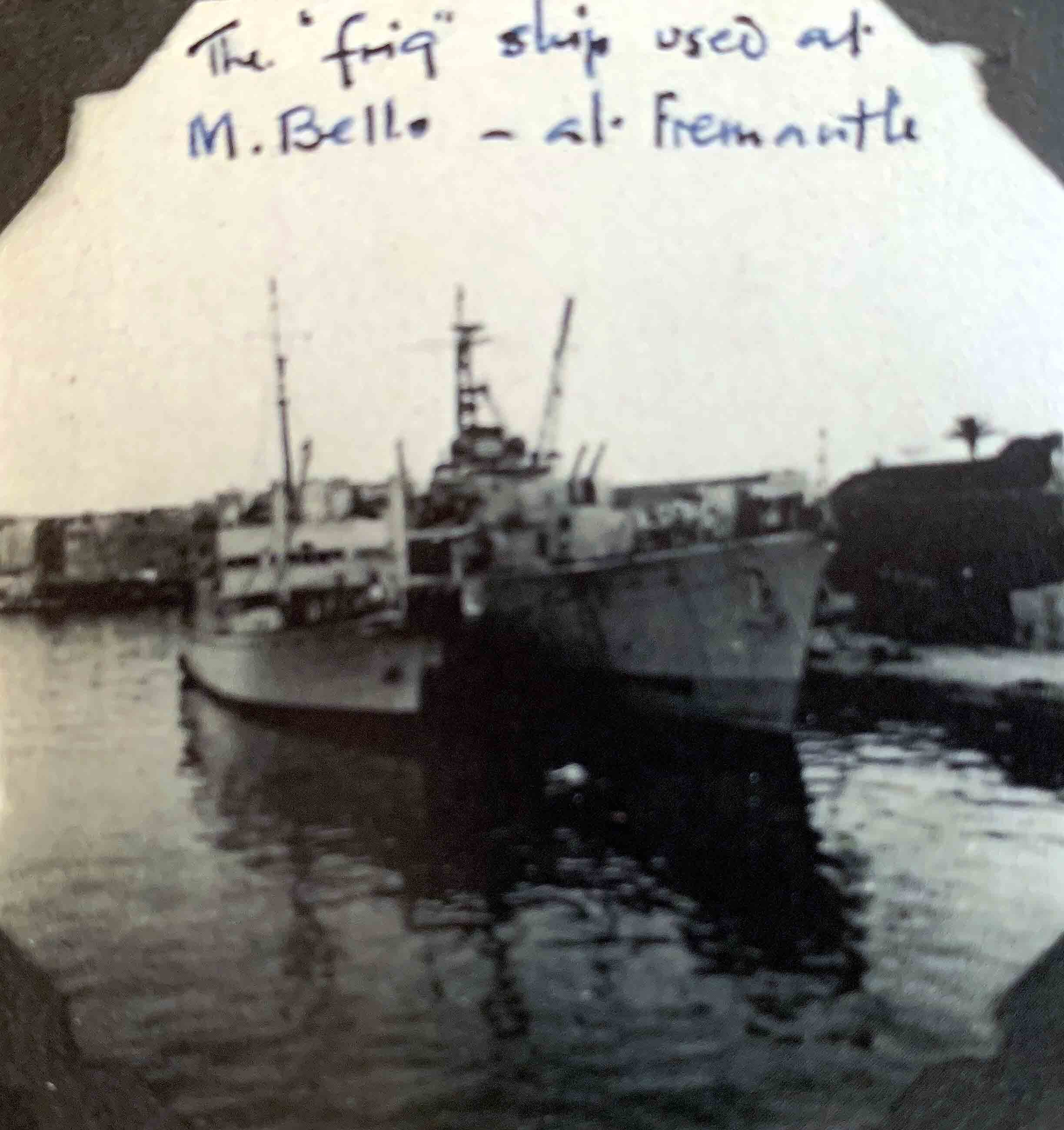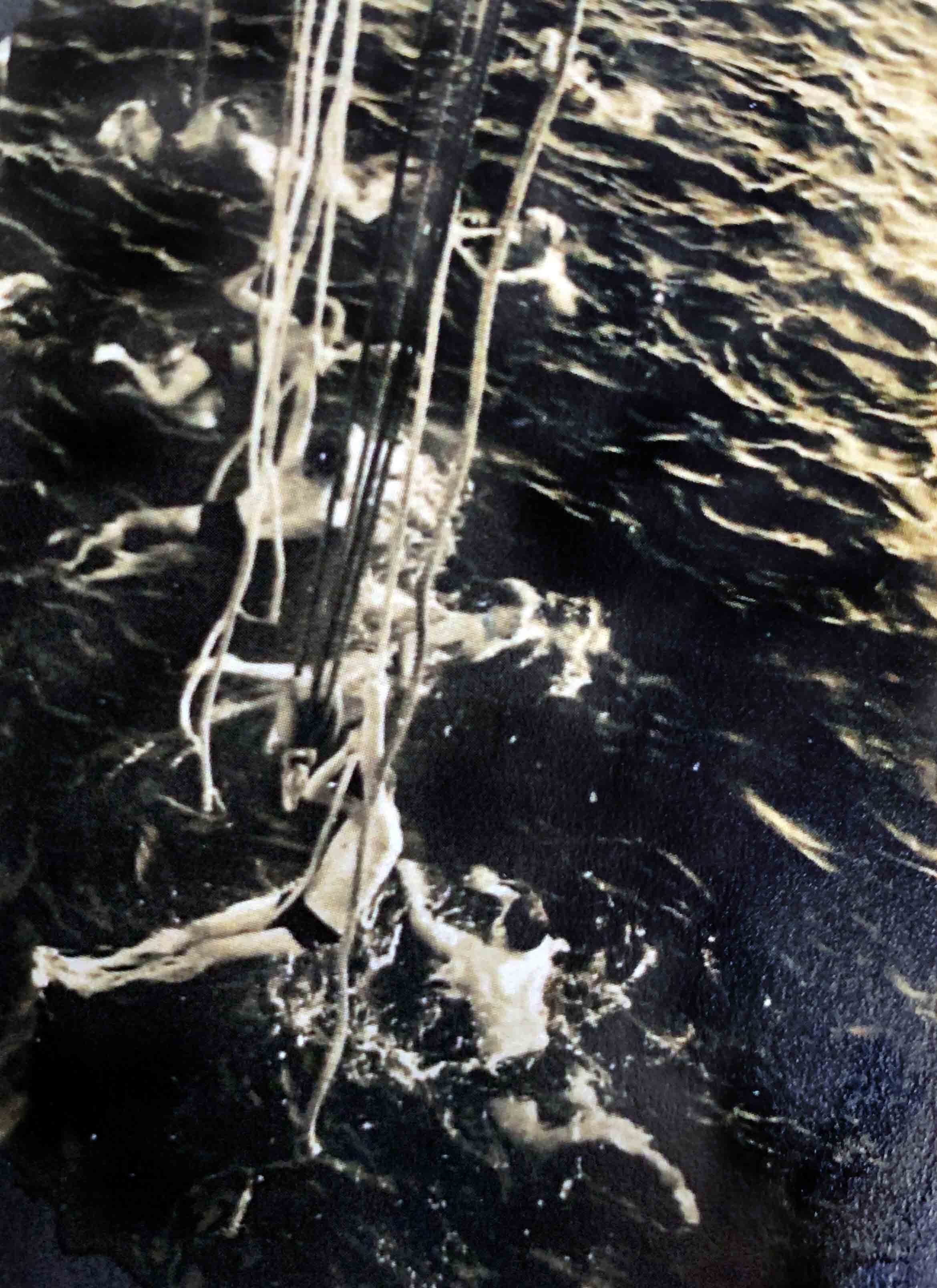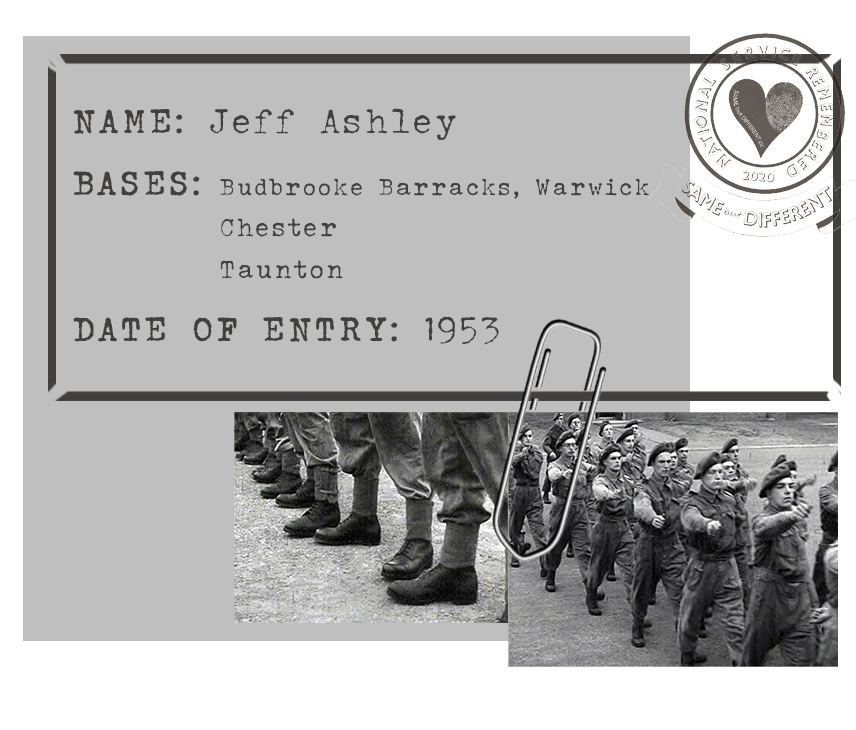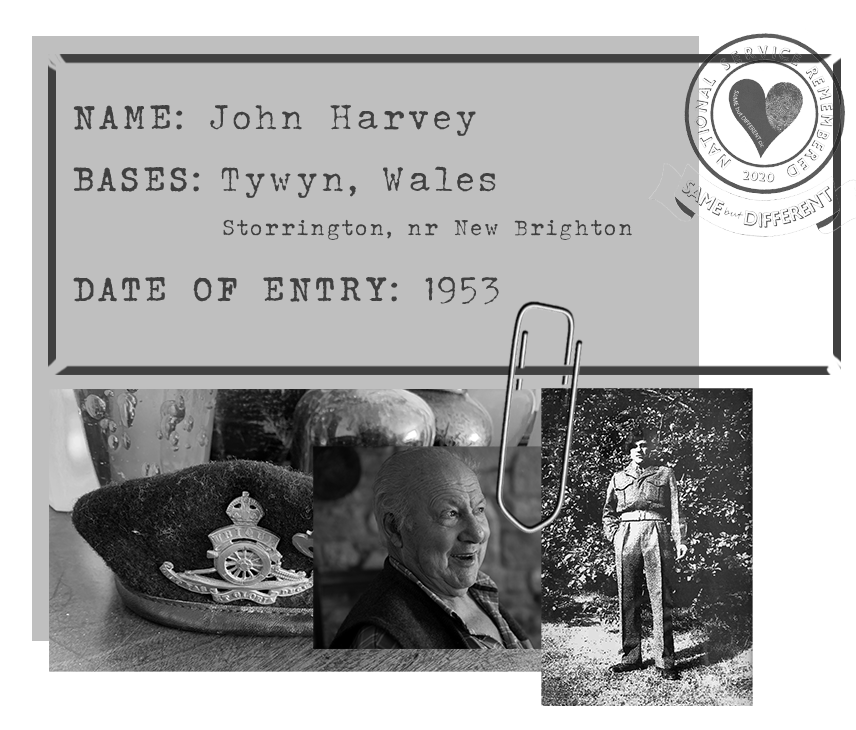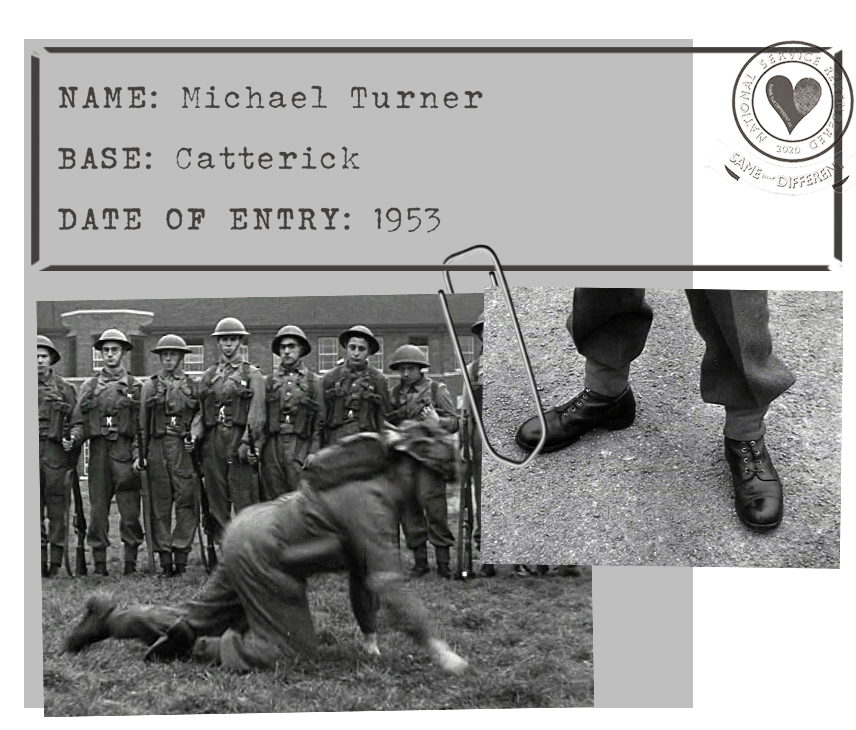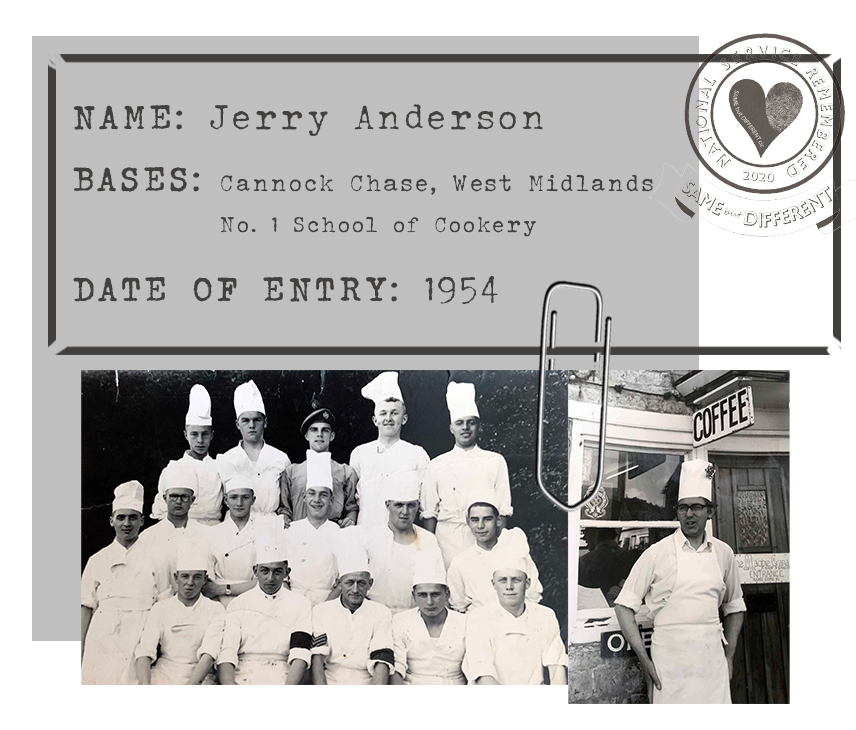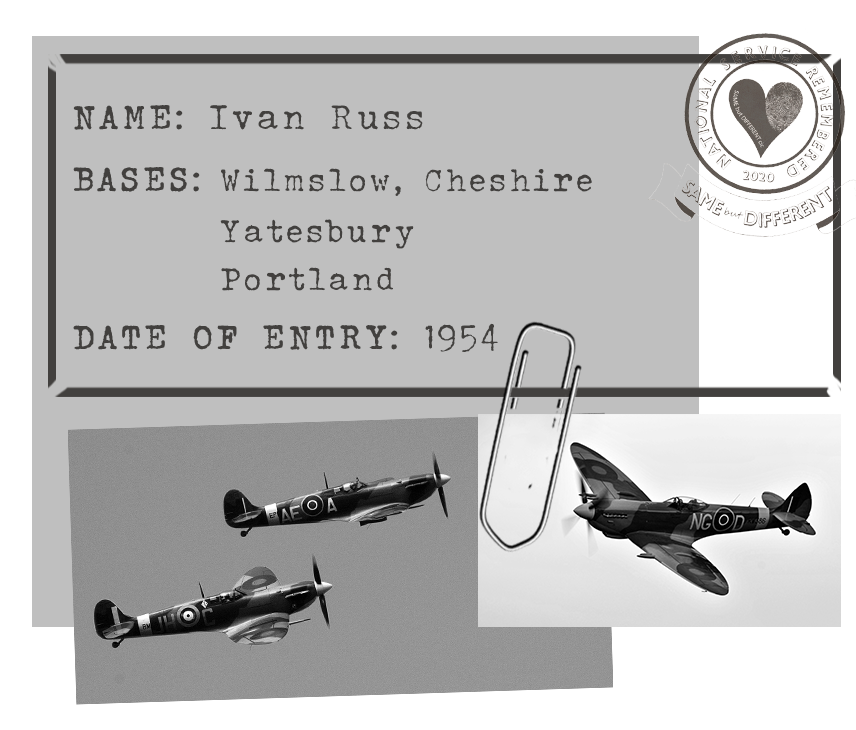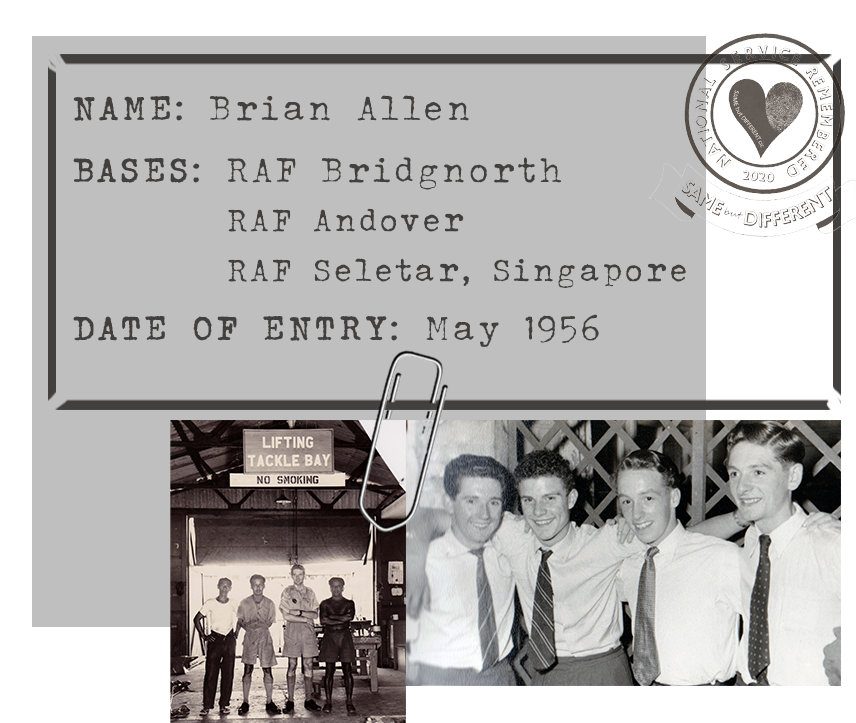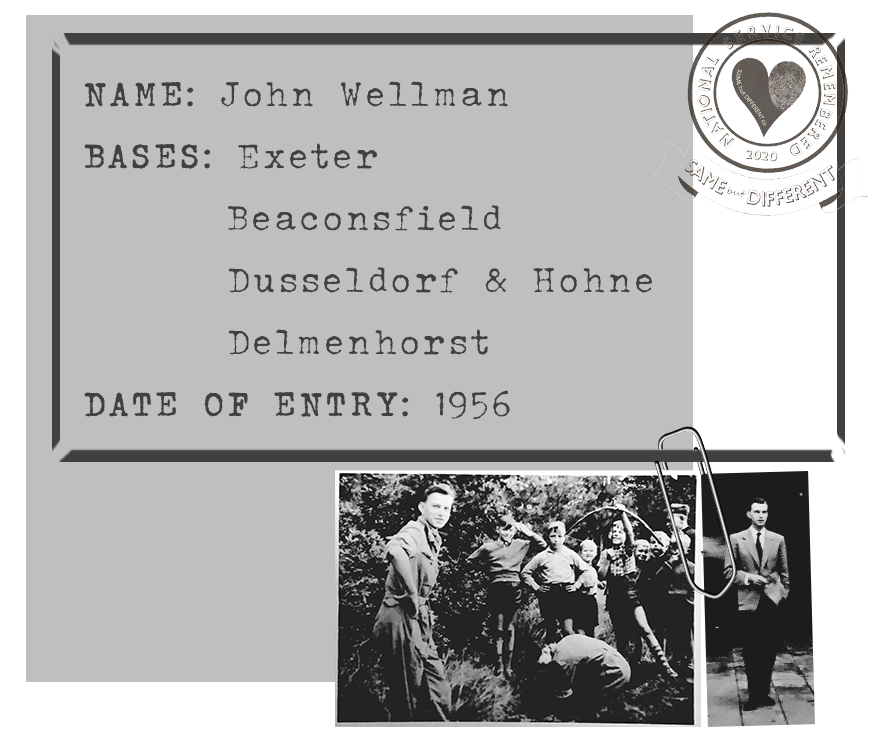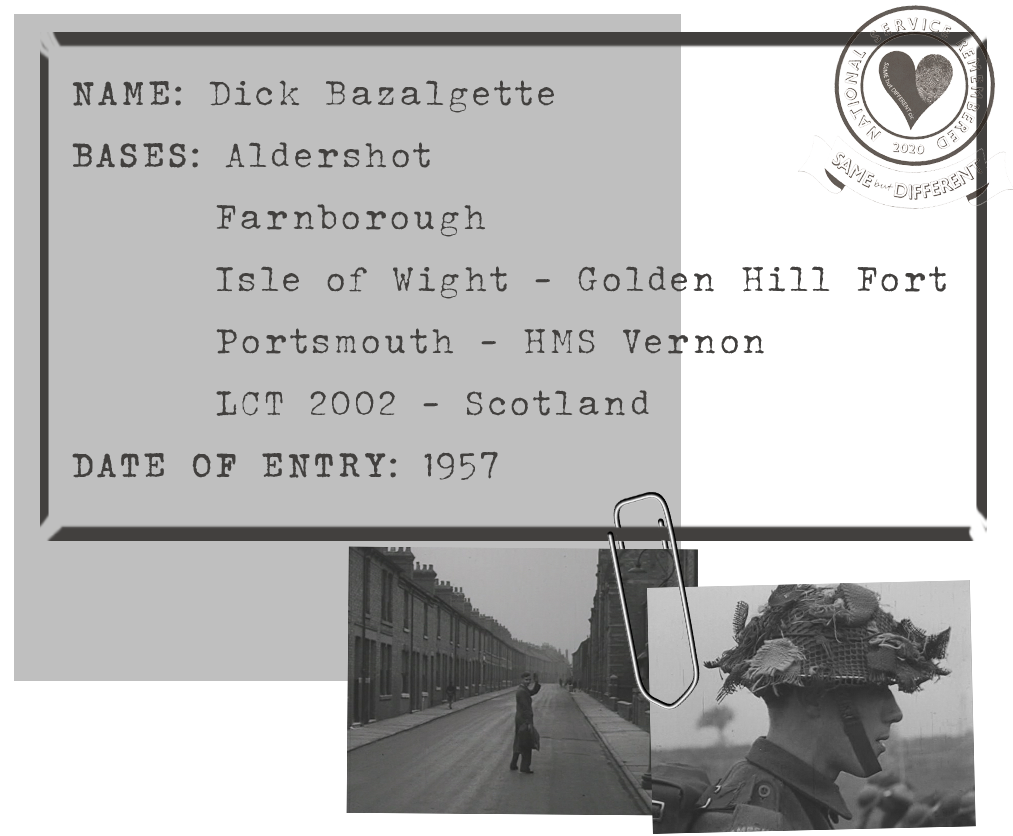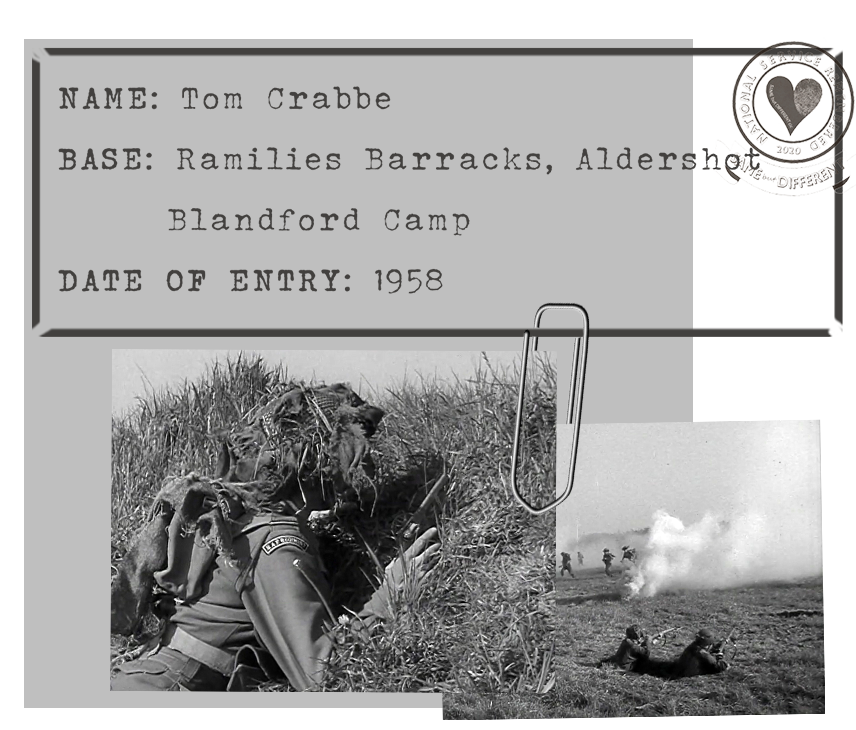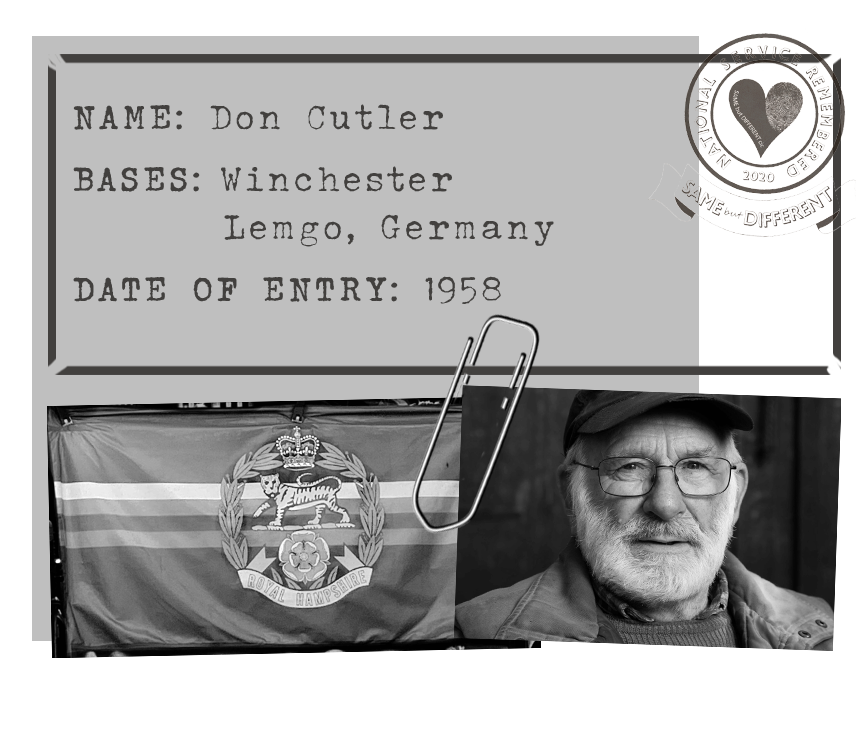I was born in 1932 in Ipswich. I left school age 17 and joined Suffolk County Council in 1949 as a Civil Engineering trainee.
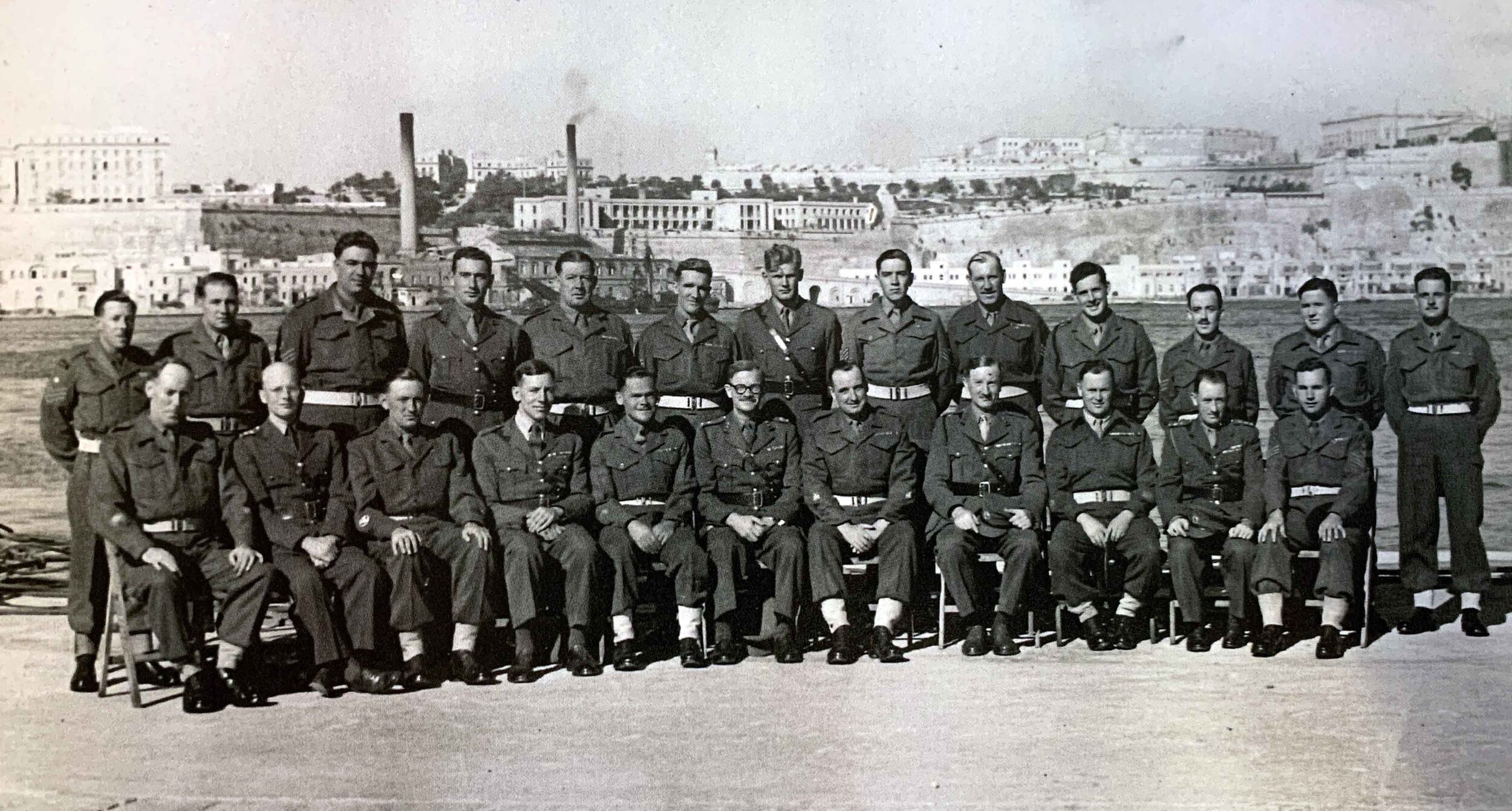
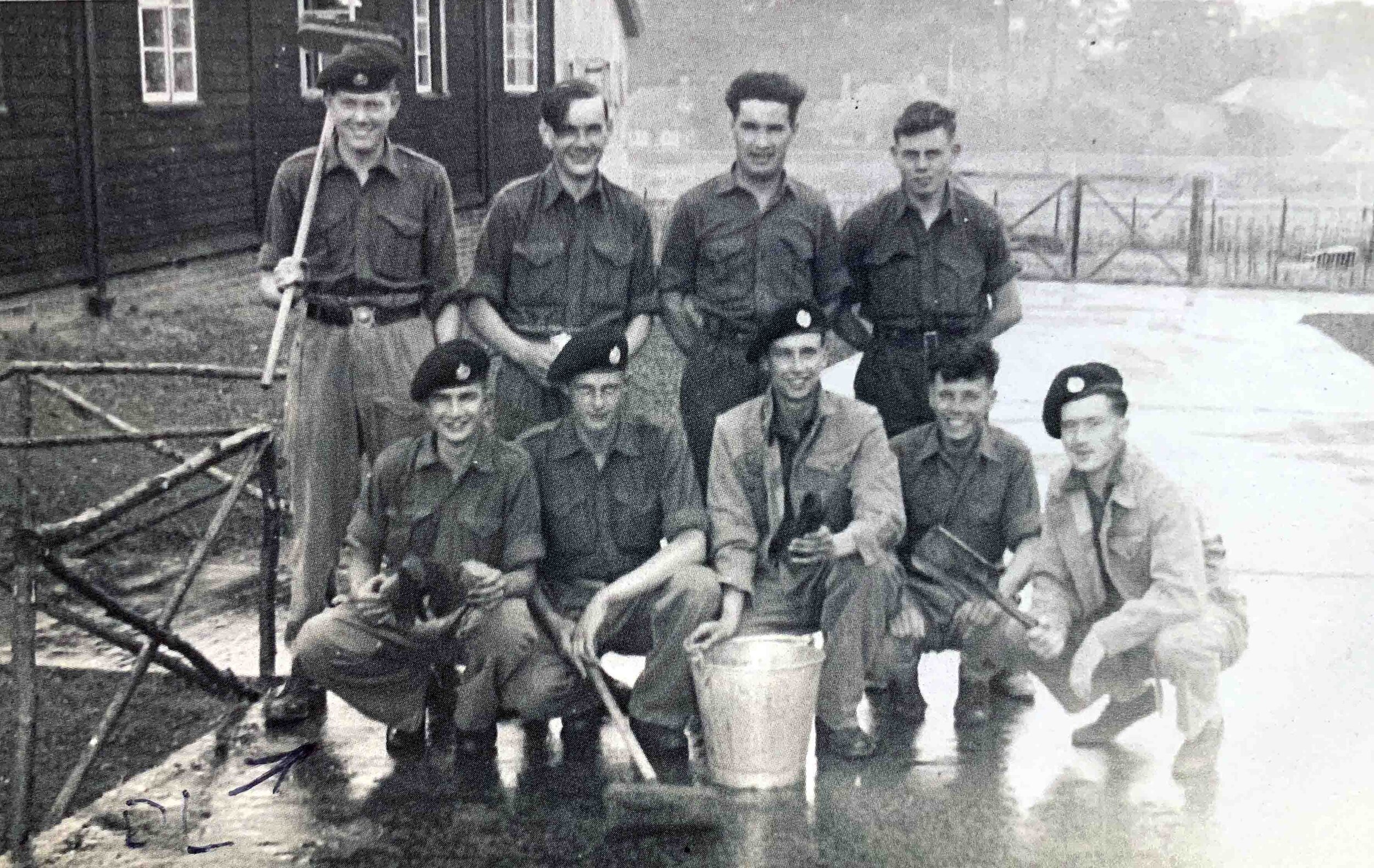
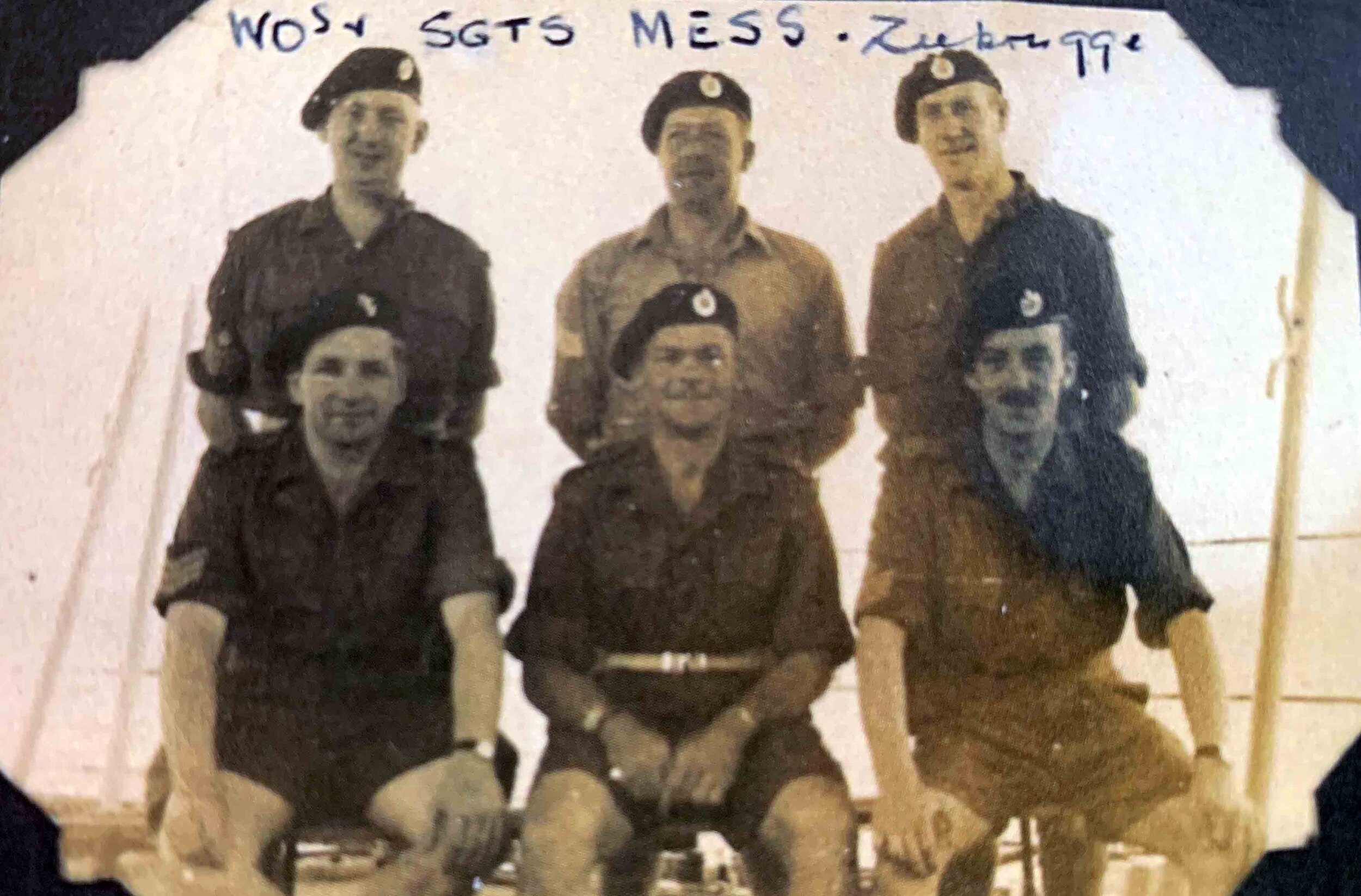
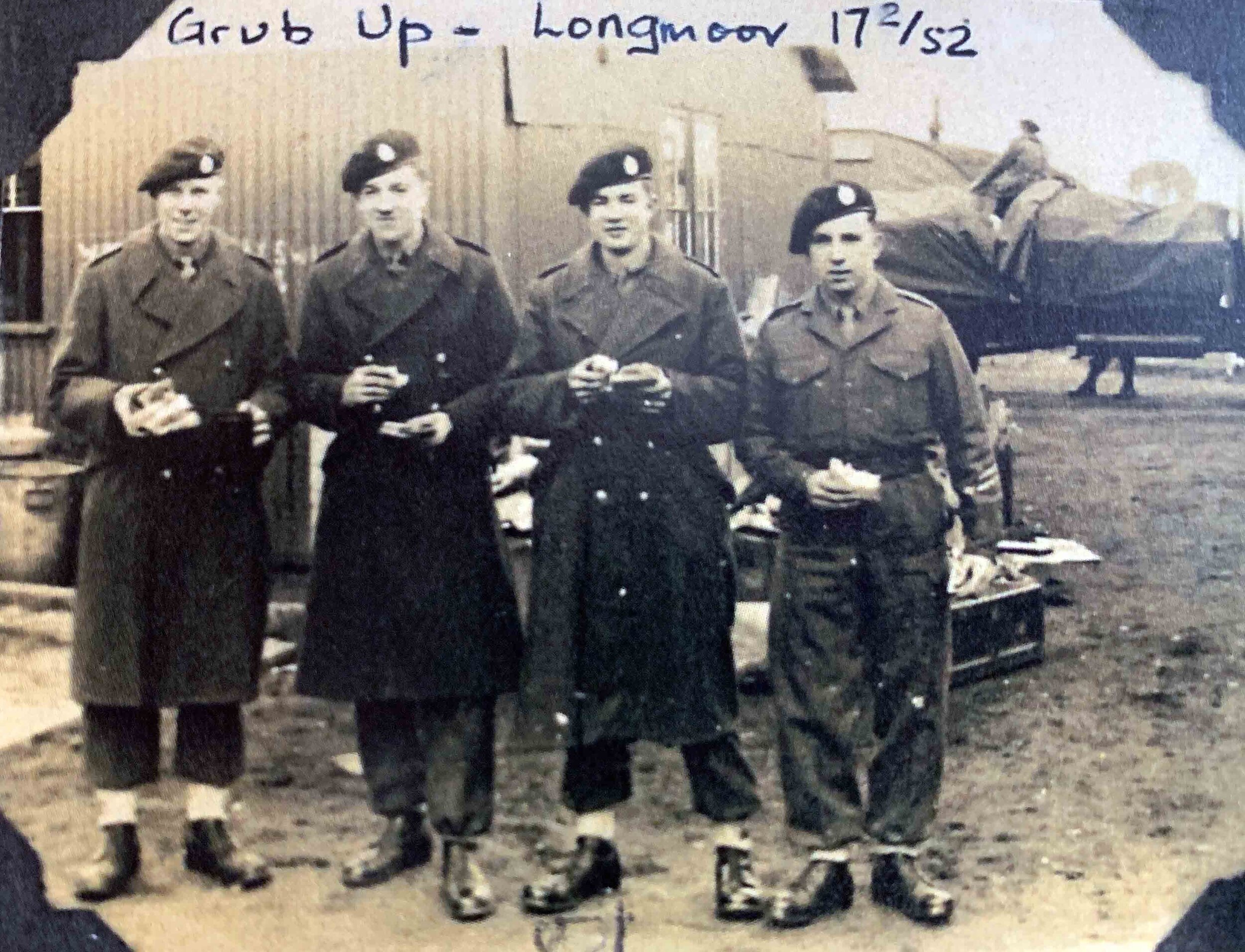
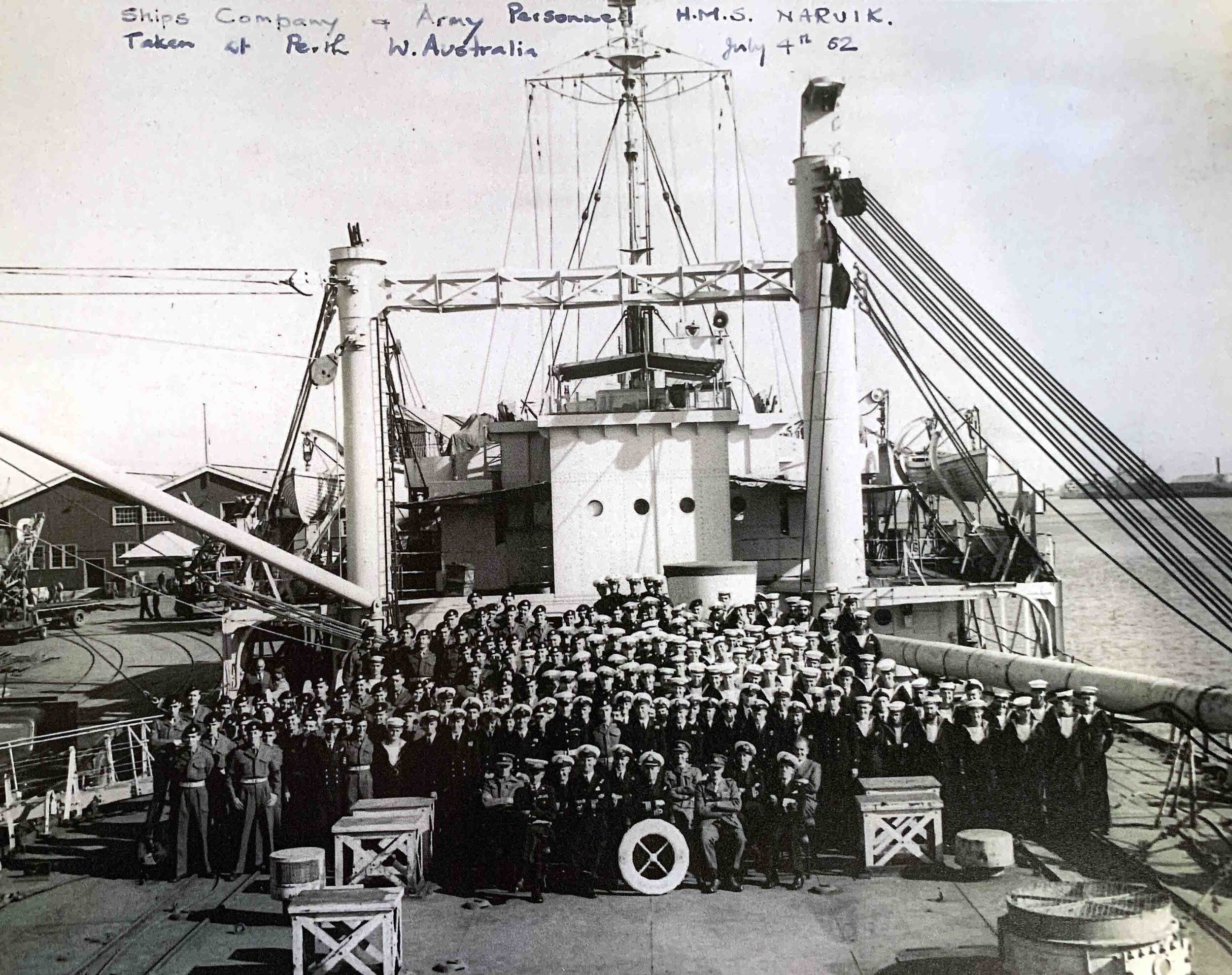
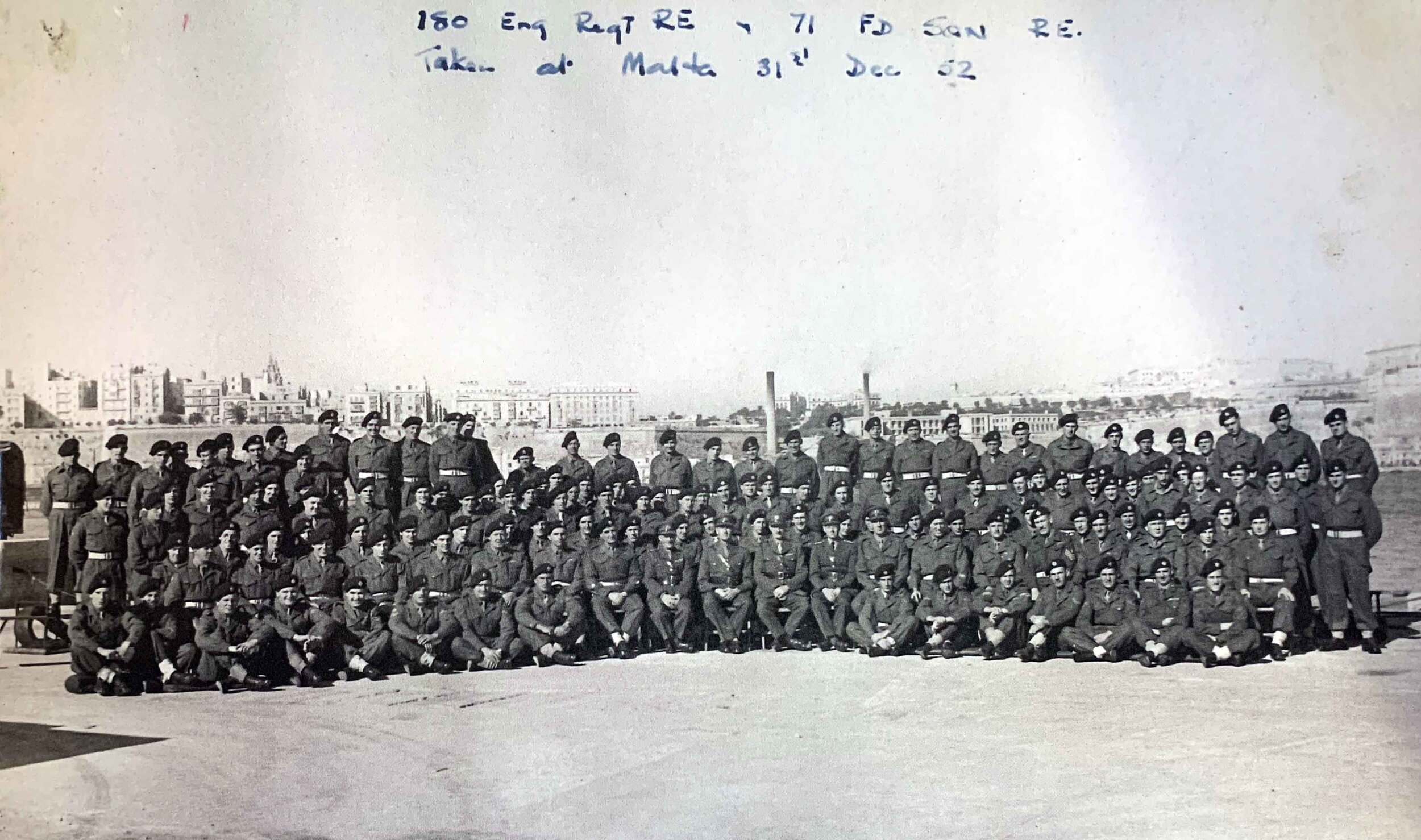
At school, I obtained my School Certificate with matric exemption. I interrupted my civil engineering traineeship since all my friends had joined up for national service and I decided the two years I was required to do, would be better to be taken up then and I would resume my training as a civil engineer on completion of my service.
I was originally selected for the RAEC (Royal Army Education Corps) but on joining up in April 1951 at Bordham, Hants, they transferred me to the Royal Engineers as I was a civil engineer and could use a theodolite and dumpy level. They told me I would be posted to the Monte Bello Islands (off Weston Australia) on completion of my army training, to be involved in erecting instruments for the UK’s first atom bomb, to be exploded in October 1952.
The first 16 weeks’ square bashing really sorted me out! My mother had done everything for me and it did me a world of good! On completion of square bashing, I was posted with another of my intake to Cwrt-y-Gollen, South Wales where a new squadron was being formed before the actual posting to Monte Bellos. Most of the squadron were brickies, JCB or caterpillar operators. For the time being I was put to work in an office which was a cushy number!
“The first 16 weeks’ square bashing really sorted me out! My mother had done everything for me and it did me a world of good! ”
We stayed there until Christmas 1951 when we moved to Longmoor, near Portsmouth to join two ships, HMS Narvick and HMS Zeebrugge which sailed in convoy.
We left Portsmouth in February 1952. The two ships were quite small, about 2000 tons, so we had to berth in numerous ports to take on fuel, stores etc. It turned out to be the posting of a lifetime since we berthed at Gibralta, Malta, Port Said, Ceylon (now Sri Lanka) and Cocos Islands (mid Indian Ocean). I had leave at all these places so had seen some of the world by the time I was 20! The journey took about 8 weeks and during the time at sea, I taught some of the senior army NCOs elementary and additional maths since they were going for promotion. My other duties were pay clerk on Zeebrugge on the outward journey and on Narvik on the return journey.
On arriving at the Monte Bellos we were under canvas for some weeks during which time instruments were being set up, blast walls constructed and tracks linking the instruments between each other. We also erected steel mesh to keep us safe from sharks! In early October 1952, we rejoined our ships and berthed about 12-15 miles from the islands and were told the atom bomb was to be exploded on 3rd October. We fell in on deck and ordered to face away from the bomb and told we could view the scene after the first bang, which was very loud as were the shock waves which followed. About 3 days later, we returned to the islands, with no protective clothing, picked up instruments and other data etc. We then commenced the journey back to the UK.
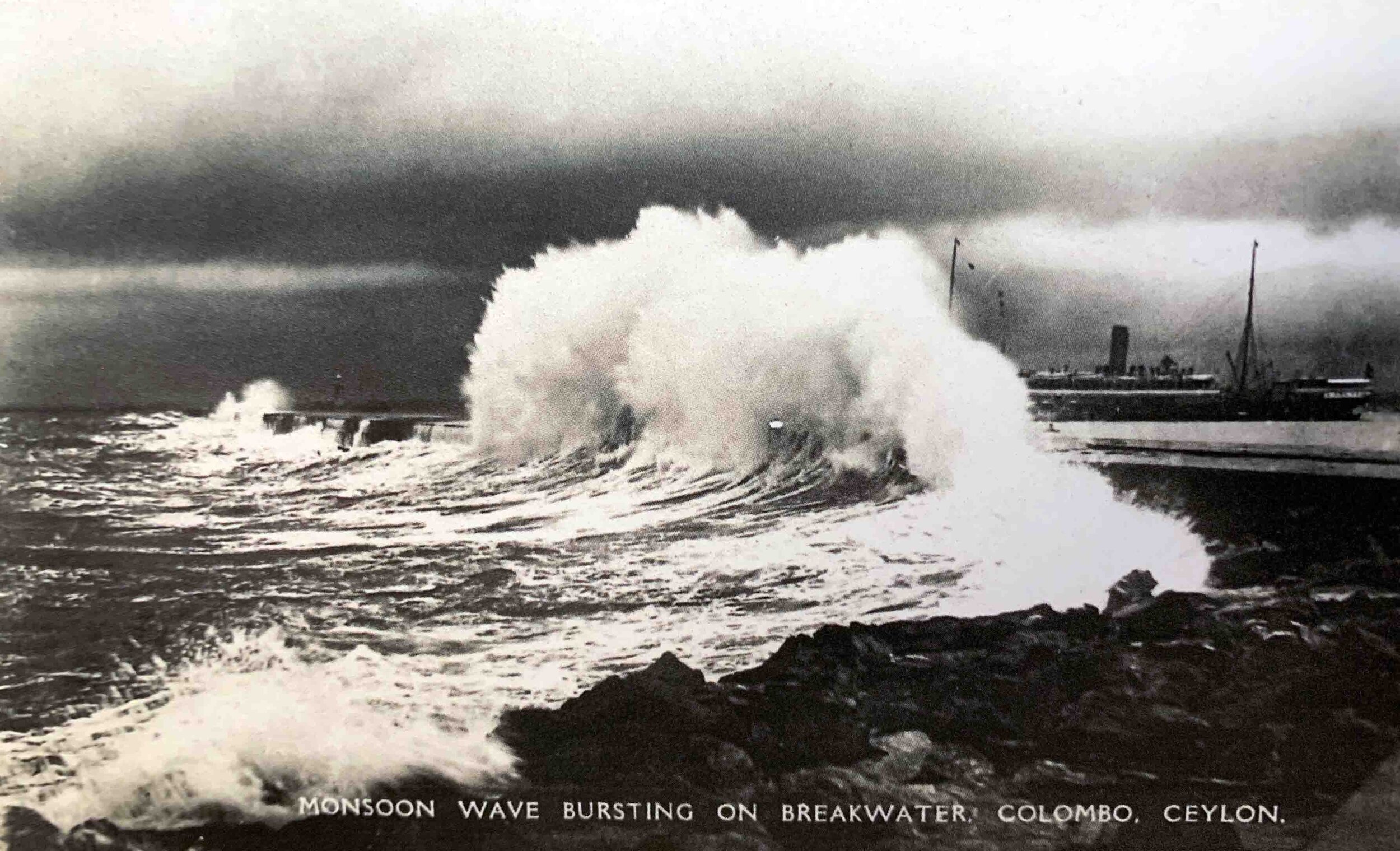
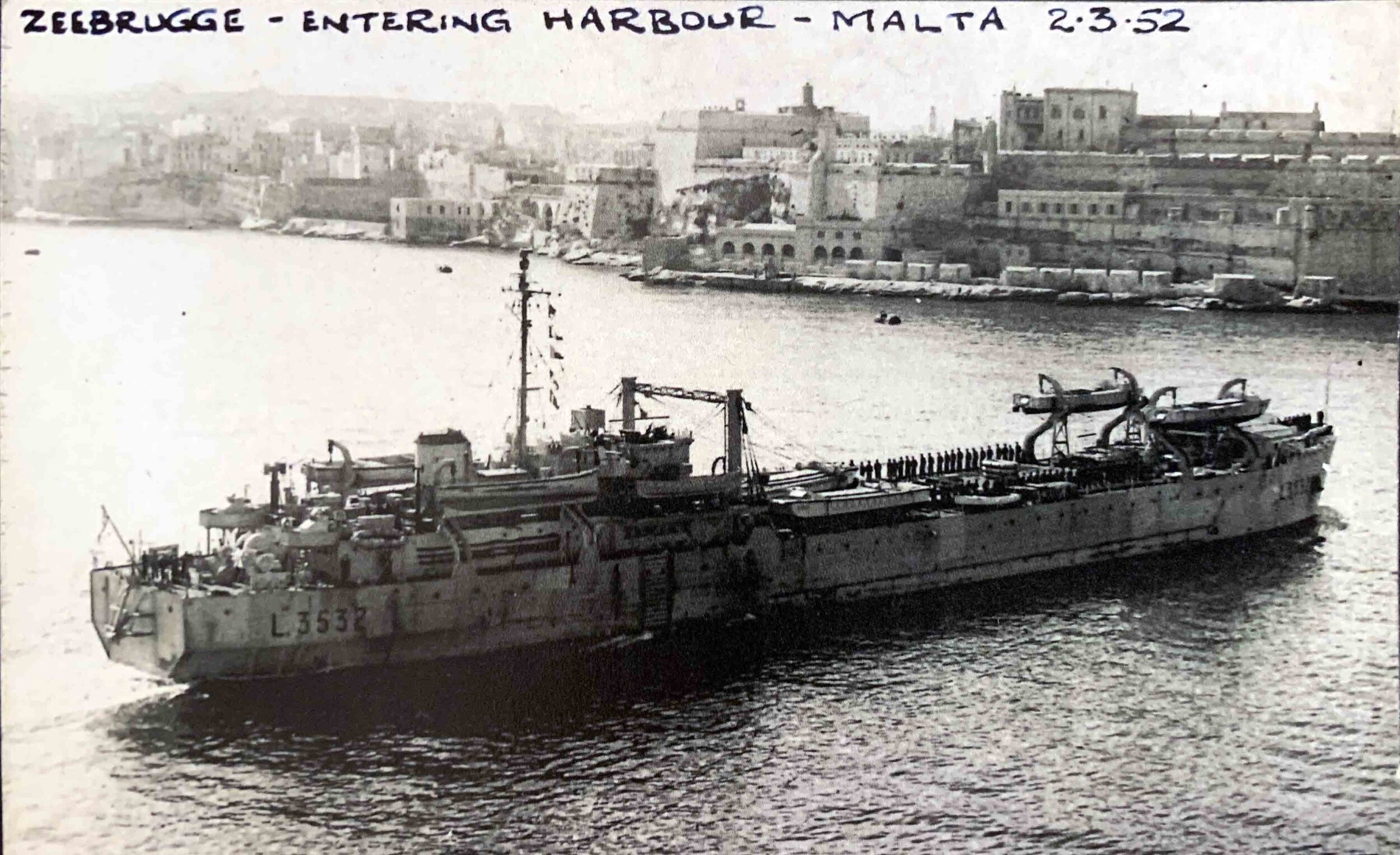
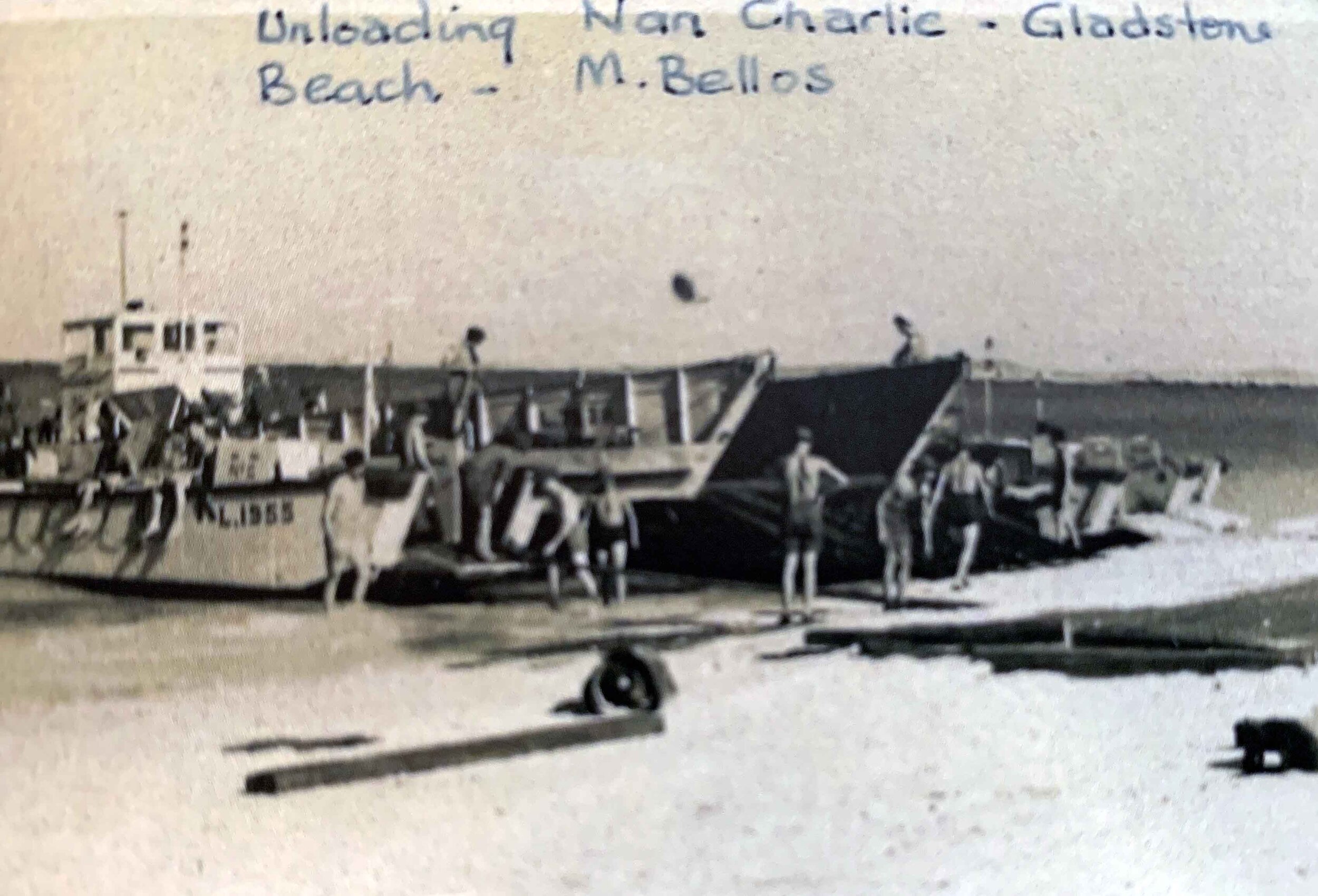
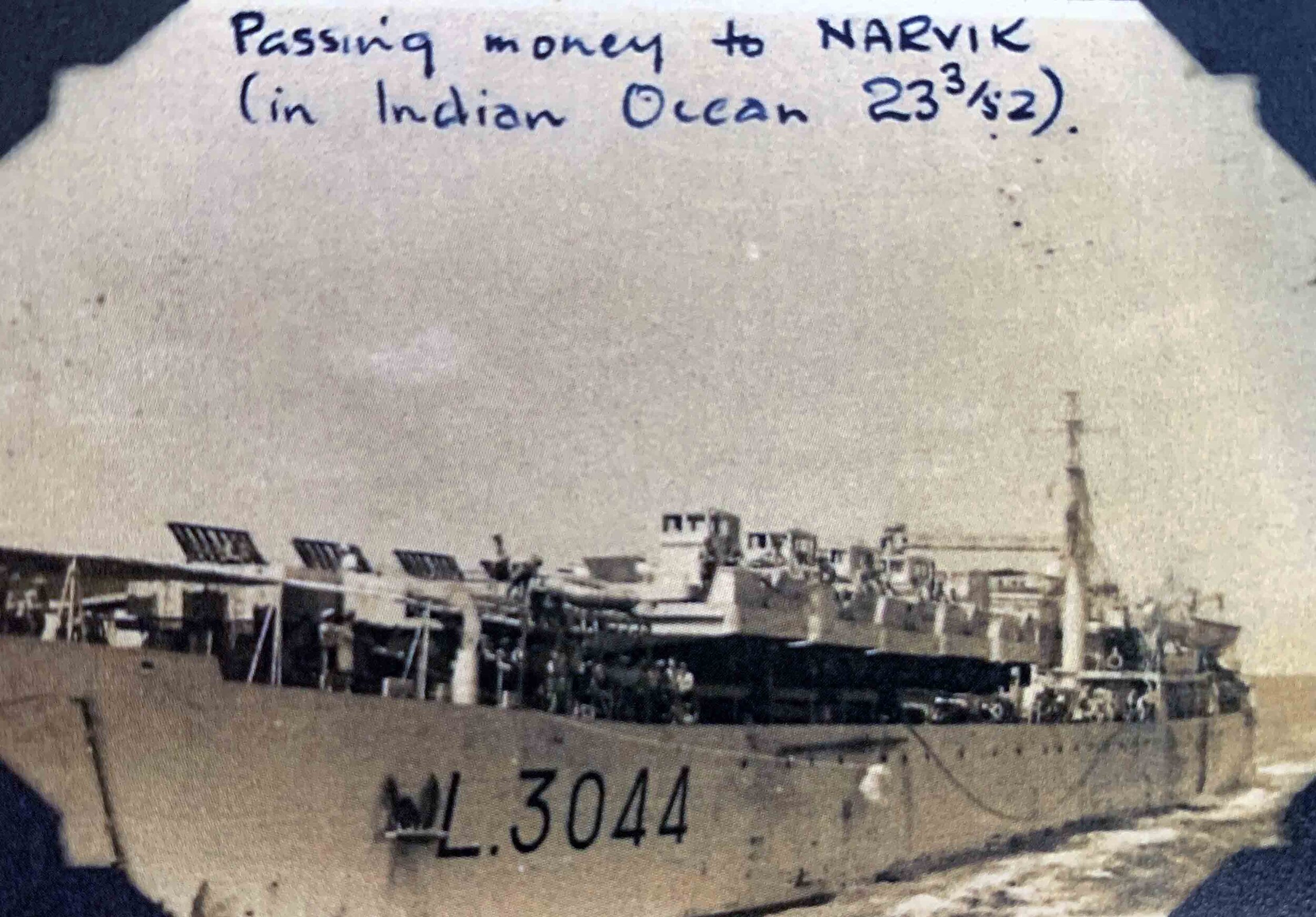
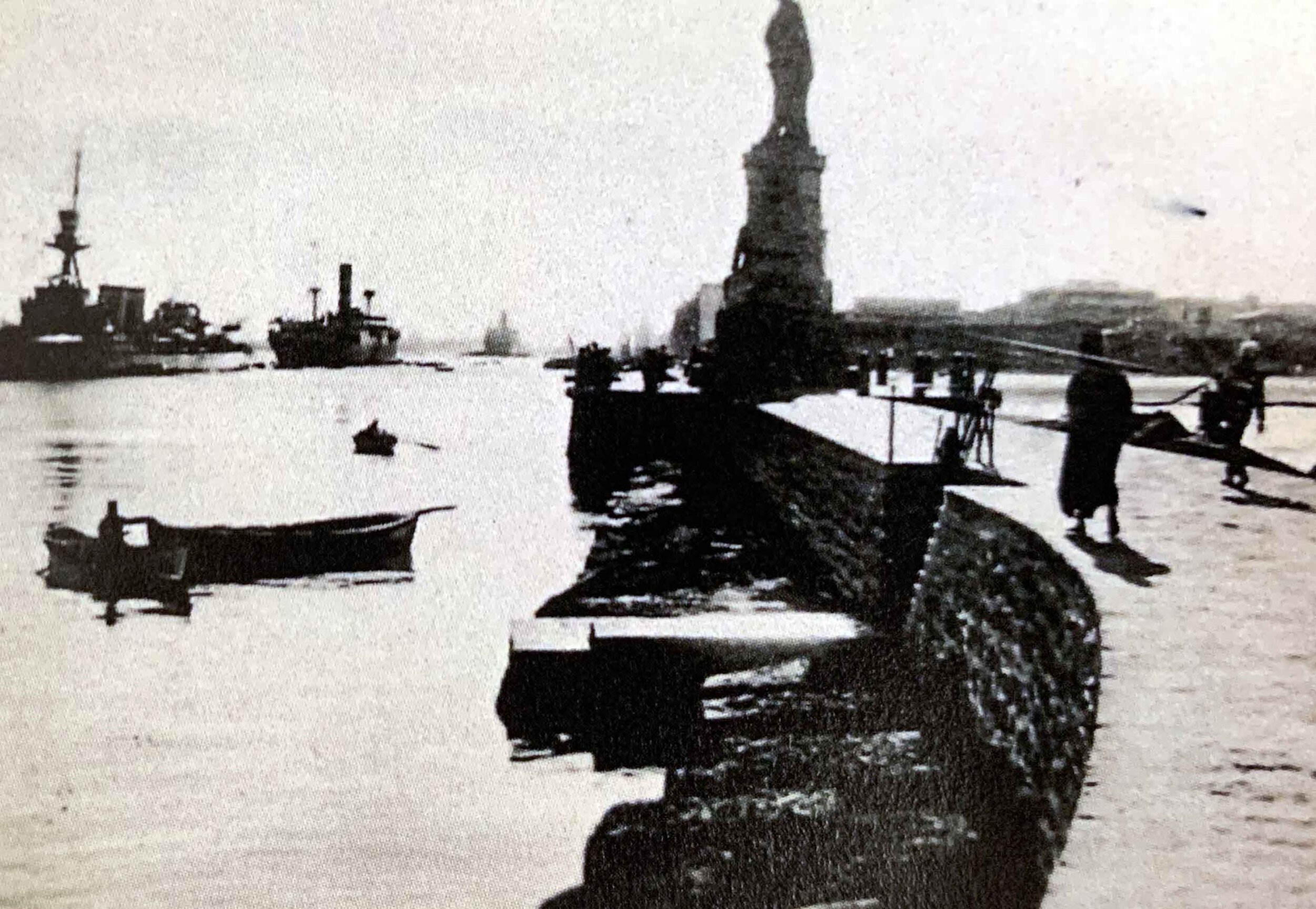
I always remember Christmas Eve 1952.
We were berthed in Port Said harbour and an Egyptian Gun Boat encircled us, while we were having a carol service, keeping its gun trained on us all the time (relations between Egypt and the UK were, at that time, very poor – the 6-day war was to break out in about 1955) but it did not stop the carol singing! We continued our journey home to Portsmouth (we berthed two or three times in the med to jump overboard for a swim and then climb back via ropes) where we docked in January 1953.
I then had six weeks leave, returned to a Chatham army base for four weeks, then demob.
Looking back, I was so lucky since a number of national servicemen of my intake were sent to either Malaya or Korea (2 active war areas) and some did not come home as they were killed.
I certainly made a lot of friends in the navy, army and marines. It was a great pity that national service was abolished in 1960. You went in as a boy and came out as a man!
It’s now 68 years since I was in the army and I still look back and remember how much I enjoyed the two years I served.
I tried for national service commission but was turned down as I was born deaf.
On returning to civvy street, I resumed my studies eventually qualifying as M.I.C.E. C.Eng.



